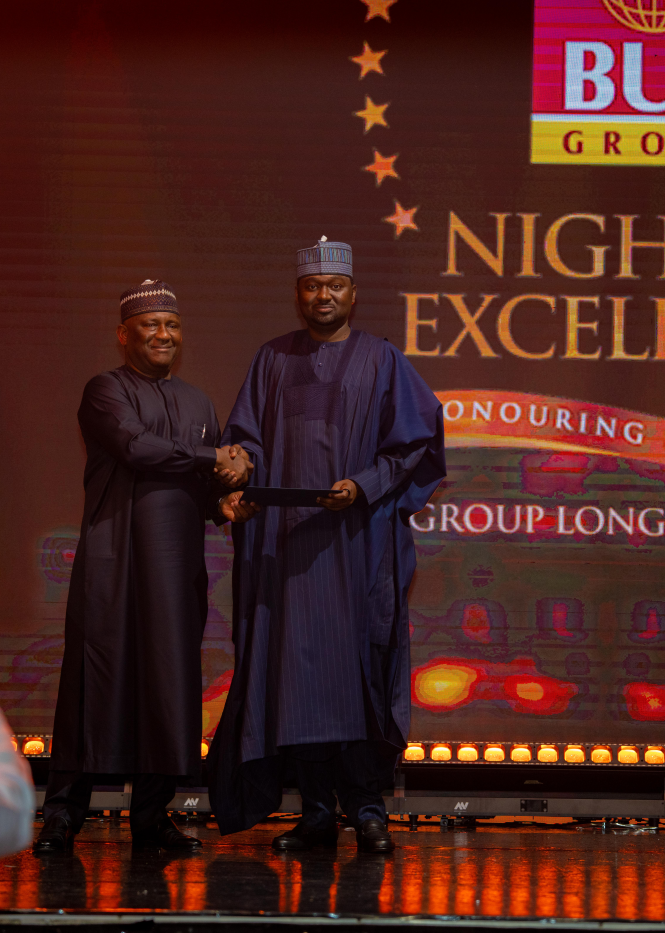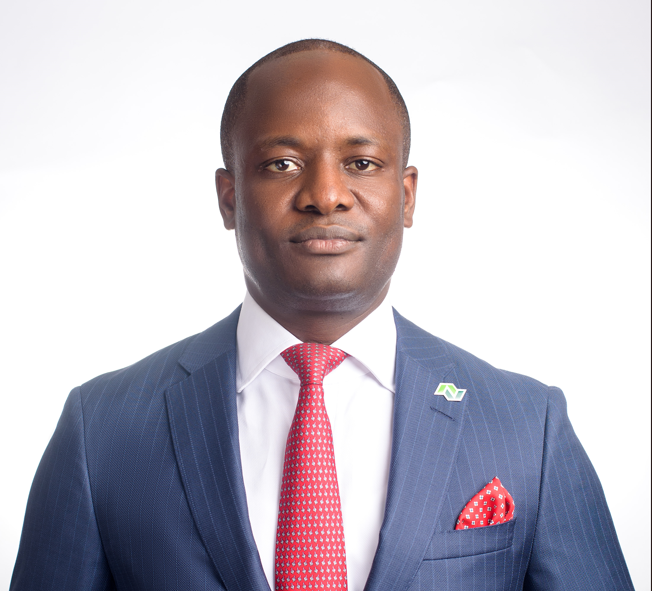
- Management To Focus On Unlocking Synergies From NAOC Acquisition
The share price of Nigeria’s integrated energy giant- Oando Plc became the darling of traders and investors on Wednesday, following the release of its much awaited audited result for the year ended December 31, 2024 to the Nigerian Exchange, just before trading officially opened for the day.
Oando went on full bid as investors sought to include them in their portfolios, while those who already had wanted more. Consequently, its share price gained the full 10%, closing at N51.70 per share.
According to the result presented by the board, although net profit margin remained negligible at about 0.053%, meaning that the management only succeeded in converting 5.38 kobo of each Naira earned as revenue into profit for the year.
Revenue for the year amounted to N4.086tr, 43.61% better than previous year’s N2.845tr, buoyed by N2.856tr earned from the sales of crude oil by its supply & trading business; most of which went into operating cost at N3.93tr, from N2.76tr. This represented a growth of 42.39%; resulting in gross profit of N155.888bn, compared to the N85.02bn reported in the corresponding period of 2023.
The company’s books got a boost of N1.1tr in other operating income, rising from N399.986bn, driven by gain on bargain purchase amount to N784.815bn, from nil in the previous year; which was followed by the N305.987bn in foreig exchange gain, a drop from N388.02bn in 2023. Impairment of non-financial assets was nil, up from N3.915bn in 2023; while net impairment of financial assets amounted to N75.227bn, ballooning from just N1.431bn. Administrative expenses rose nearly three-fold from N261.353bn in the 2023 full-year to N610.858bn, of which N173.313bn foreign exchange loss, which rose from N156.066bn; leaving operating profit at N569.681bn from N218.305bn.
Finance cost rose to N240.151bn from N103.311bn, of which N239.059bn, from N102.459bn; finance income stood at N47.197bn from N16.903bn, driven by interest income on finance lease rose to N47.108bn from N15.353bn. Net finance costs stood at N188.638b from N116.477bn.
Profit before tax, subsequently soared by 272.72% from N102.978bn to N383.82bn. Income tax of N163.7bn, up from N42.7bn, left result in a profit after tax for the period of N220.12bn from N60.277bn; representing Earnings Per Share of 17.71 kobo, from 4.85 kobo in the previous year.
On the balance sheet, total assets rose to N6.343tr, up from N2.676tr, representing 140.43%, just as total liabilities jumped 130.87% up from N2.943tr in 2023 to N6.795tr; translating to a negative equity of N360.979bn, worse than the previous N267.178bn negative equity.
Also, external auditors, BDO Professional Services, in its report noted the material uncertainty related to going concern, where it noted that the group’s current liabilities exceeded its current assets by N410.5bn from N469.2bn, while net liabilities stood at N348.3bn, down from N460.1bn.
“The group also recorded total comprehensive loss for the year eded 31 December 2024 of N83.0bn (2023: total comprehensive loss of N70.0bn) and negative operating cash flows of N531.2bn (2023: positive operating cash flows of N148.2bn). Furthermore, as at that date, the group’s current liabilities exceeded its current assets by N3.3tr (2023: net current liabilities of N1.6tr) and reported net liabilities of N360.9bn (2023: net liabilitis of N267.2bn).
“The group and the company continue to incur loses, and the reversal of this trend I dependent on the successful outcomes of its planned actions to raise additional equity in order to manage the funding gap of N3.2tr ad N4.3tr and the attainment of revenue in the group forecast for the year ending 31 December 2025 ad 31 December 2026 respectively,” it noted.
Management, BDO recalled, disclosed that the book values of total current assets of N1.4tr and non-current assets of N345bn respectively have been pledged as collateral securities for is Corporate Facilities (CF), Medium-Term oans (MTL). BBE and Ecobank Facilities.
The external auditors added that “as stated in the note, if the planned actions including N360bn equity raise are successful, it will only address 11.4% and 8.4% of the Group’ projected funding gap for the year ending 31 December 2025 and 2026 respectively.
“Management however has additional plans to address the 88.6% and 91.6% of the projected working capital deficiency for the two years through vendor financing until such a time that profit and healthy cash flows from profitable operations will be achieved. Management is also currently making efforts to sign a binding agreement with each prospective equity provider.”
The directors/majority shareholders of Oando, the auditors noted, “had given a letter of guarantee to inject additional capital through rights issue, and public offer in addition to commitment to convene an extraordinary general meeting of the shareholders to address the urgent capital requirement in line with the provision of Sector 137 of companies and Allied Matters Act, 2020 and the Directors fiduciary responsibilities and commitment to address the financial conditions of the company,” it added.
Giving a backgroup to the result, Wale Tinubu, Oando Plc’s Group Chief Executive, described 2024 as a defining year for the company, following “the successful acquisition and integration of NAOC marking the culmination of a decade-long strategic growth journey which has significantly deepened our upstream portfolio, resulting in our assumption of operatorship of the OML 60–63 series and the doubling of our working interest in the assets from 20% to 40%, as well as our 2P reserves from 500 million barrels of oil equivalent to 1 billion barrels.”
The robust growth in revenue and profit despite the challenging macroeconomic and security environment, he noted, was “occasioned by the intrinsic value of the NAOC (Nigeria Agip Oil Company) acquisition and underscoring the resilience of our business model.
“In parallel, we achieved innovative success in our global trading operations whilst expanding our clean energy initiatives,” Tinubu added, assuring that 2025 “will be our year of execution. Our key priorities shall include unlocking synergies from the acquisition, addressing above-ground security risks through the implementation of a revamped security framework aimed at curbing the persistent theft of oil, cost optimization, balance sheet restructuring, enhancing operational efficiency, and leveraging technology to improve productivity across our operations. In our bid to ramp up production towards achieving our target of 100,000 bopd and 1.5 tcf of gas by 2029, we shall pursue a dualtrack approach of rig-less interventions and well workovers, complemented by an aggressive drilling program. We are excited by the opportunities that lie ahead and remain committed to delivering enhanced shareholder returns, shared prosperity and maintaining our position as a leading player in Africa’s evolving energy landscape”















